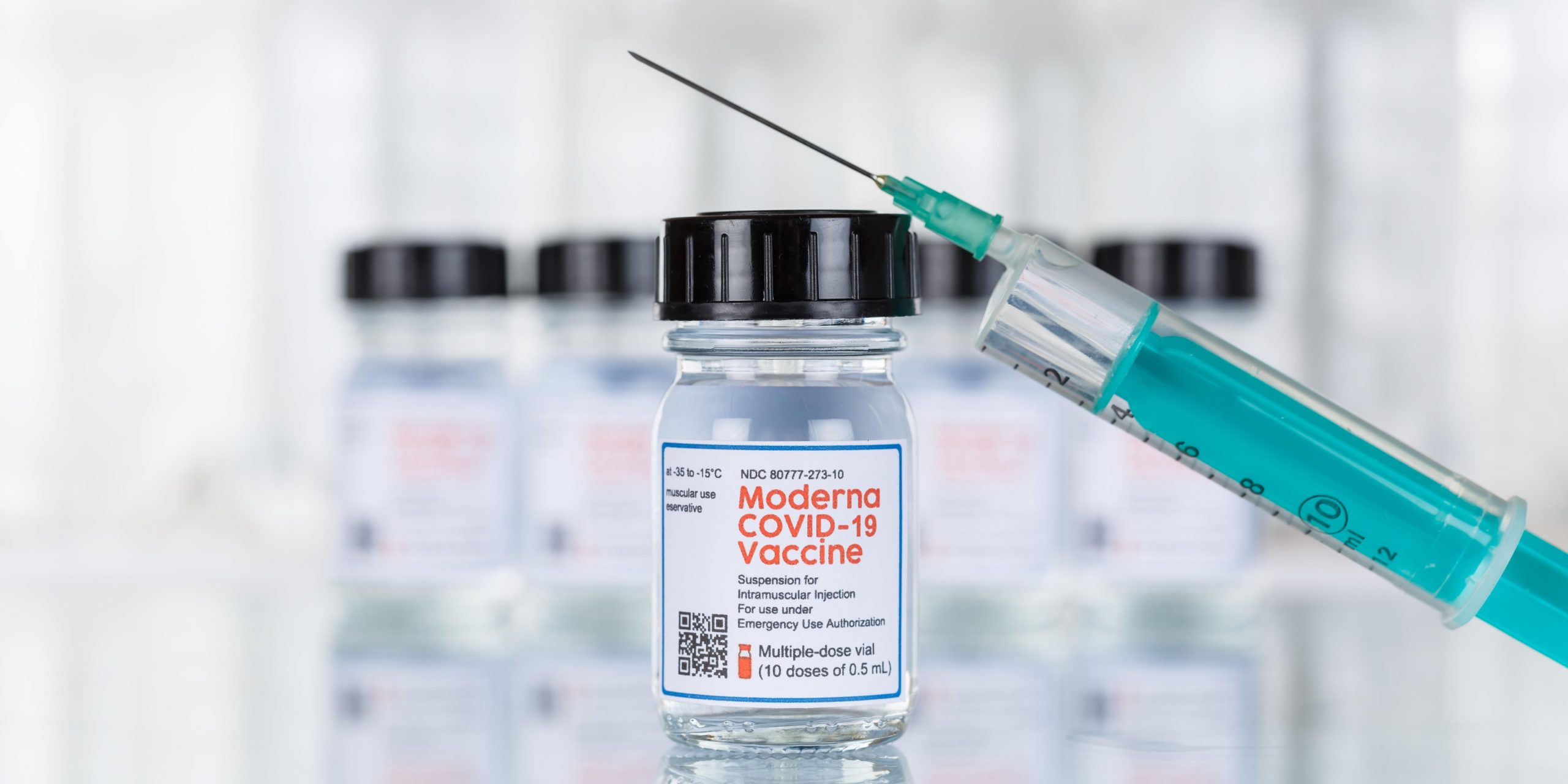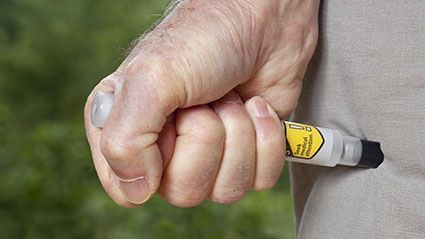
Too few people are getting screened for lung cancer. This is the message from the American Lung Association’s 2022 “State of Lung Cancer” report. Less than 6% of eligible Americans have been screened for lung cancer, and in some states, lung cancer screening rates are as low as 1%. In 2021, the U.S. Preventive Services… read on > read on >






























